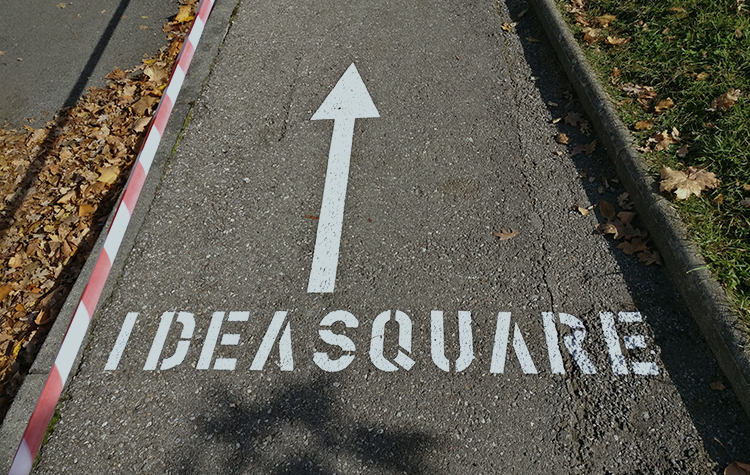
We invite you to read about the future. A future that we help make happen by working, teaching, researching and writing. It’s not a question of simply producing nice words about innovation, it’s about years of real experience with multidisciplinary innovation, methodology and collaboration. Are you going to miss out?
In 2014 I had the privilege of bringing my design expertise to a great multidisciplinary team whose members had backgrounds in engineering (UPC) and business (ESADE). At IdeaSquare, the Innovation Space at CERN, together we embarked on the adventure of being part of the Challenge-Based Innovation course team. Since then we have worked side-by-side to explore the limits of multidisciplinary collaboration. We have also created Fusion Point at ESADE, and published several academic papers on innovation where we shared our experience and learnings.
It’s a pleasure for me to share our new article published this week in the CERN IdeaSquare Journal of Experimental Innovation Special Issue: “Experimenting with Challenge-Based Innovation”. This special issue is the result of QuoVadis?, a two-day online teacher meeting that I had the honour of leading last November to capture the most important learnings from IdeaSquare’s student programmes. It was a real challenge to engage 37 participants for two days online. Ultimately, though, the experience was a success! In the middle of the pandemic we managed to share our knowledge from 12 educational programmes using +500 virtual Post-its! Thanks to everyone who took part for joining us in the venture.
The latest paper, Prototyping the future of learning: reflections after seven iterations of Challenge-Based Innovation (2014-2020), collects the learnings from years of experimentation with new methods of education. Collaborating with international universities and institutions in Europe, Australia and the US, we explored the intersection of experiential learning, disruptive innovation methodologies, design thinking and challenge-driven education.
This undertaking gave us extensive insights into not only the education field, but also how multidisciplinary teams collaborate and work. This is something that we apply at wonnd, and it’s part of our core: innovation, multidisciplinary collaboration and experimentation. This is why we always say that we don’t believe in heroic isolated disciplines.